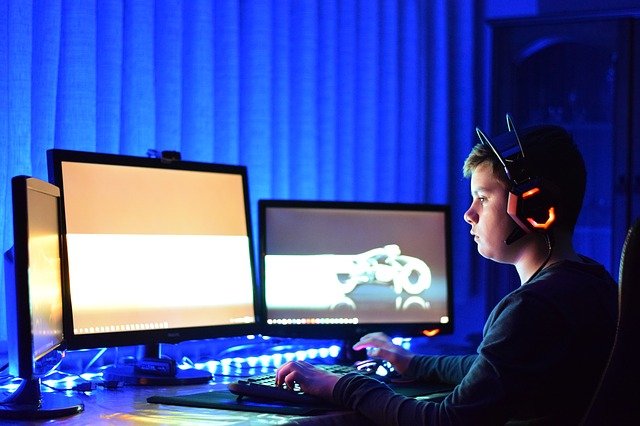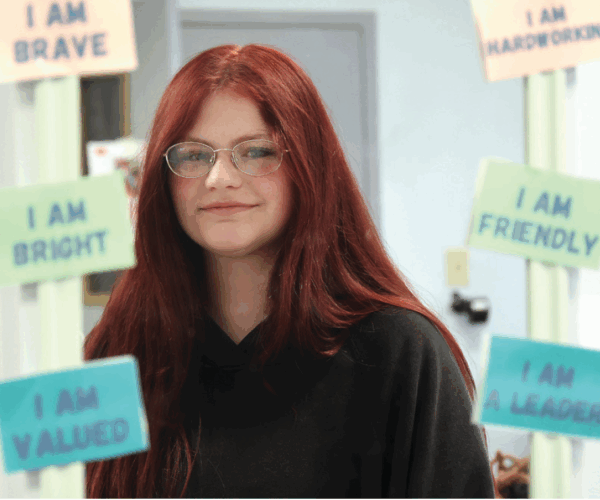
Surface vs. Deep Learning: How to Be a Strategic Learner
December 15, 2020
Monitoring Technology Use at Home: Advice from Parents
January 5, 2021
I am absolutely positive that I am not alone in my desire to see 2020 come to an end. As with every year, when we reach that bright and shiny new day, many of us engage in the long held tradition of making New Year’s resolutions.
I will be the first to admit that I am not one to make New Year’s resolutions. I have always thought they were just too easy to forget, especially as the routines and chaos from our daily lives takes over once again. That sets us up for feelings of disappointment and regret.
However, with a year like 2020 coming to a close, I find myself reevaluating my feelings about New Year’s resolutions, and I am beginning to think through the process of helping my struggling daughter create some of her own. As many of you can relate, the uncertainty of the school year for our children has taken its toll. The education reality my daughter faced for the first semester of this school year had her instruction format changing three different times in the span of a few weeks. To say it was a struggle would be an understatement. Herein lies my need to inject some positivity into a very defeated child. My solution...drumroll please...A NEW YEAR’S RESOLUTION! Genius right?
Of course, in order to make this approach successful, it requires some research and understood.org (one of my favorite go-to sites) has some great advice on why New Year’s resolutions can be helpful for children.
- Making New Year’s resolutions can empower your child to change a behavior or work on a new skill.
- Good New Year’s resolutions are thoughtfully made with reasonable end goals in mind.
- Progress charts and regular check-ins can help children keep their resolutions on track.
Ok, so this is encouraging, but I’m still not completely sold on the idea that a resolution will benefit my daughter. After all, organization, prioritization, and follow through are probably her biggest weaknesses. So how do I help her keep focused on her goals and not get bored or sidetracked? Understood.org recommends following the same guidelines that we would use for an IEP goal - SMART.
- Specific - what skill will they be working on.
- Measurable - track their progress.
- Attainable - ambitious but realistic.
- Results-oriented - how will they know if they have achieved their goal?
- Time-bound - give a reasonable time frame to accomplish.
And…
- Relevant - they have to want to set and reach the goal.

Perhaps the best take-away from my research suggests that we, as parents, can be a resolution role model. This is my cue that I am also accountable for helping my daughter learn to set goals that she can actually see herself succeeding at. I am hopeful that making a New Year’s resolution will bring some positivity and encouragement into my daughter’s daily routine.
Blogger Lisa Bruns, M.Ed., Special Education, shares her expertise of students with learning disabilities. As a special educator, she has expert knowledge of interventions and accommodations that students may need to succeed in and out of the classroom. If you have questions, please contact Center Director Lisa Bruns at .



